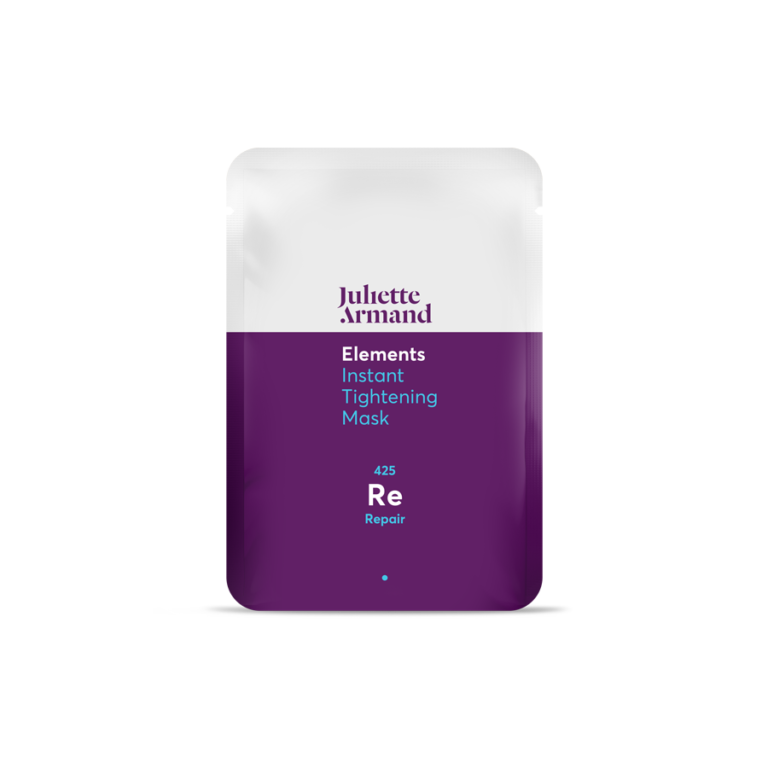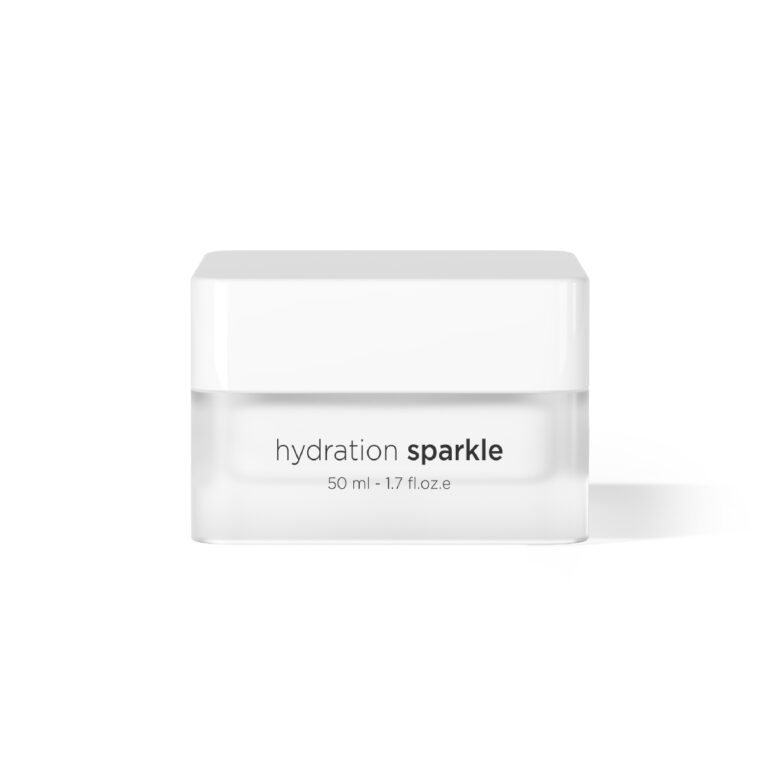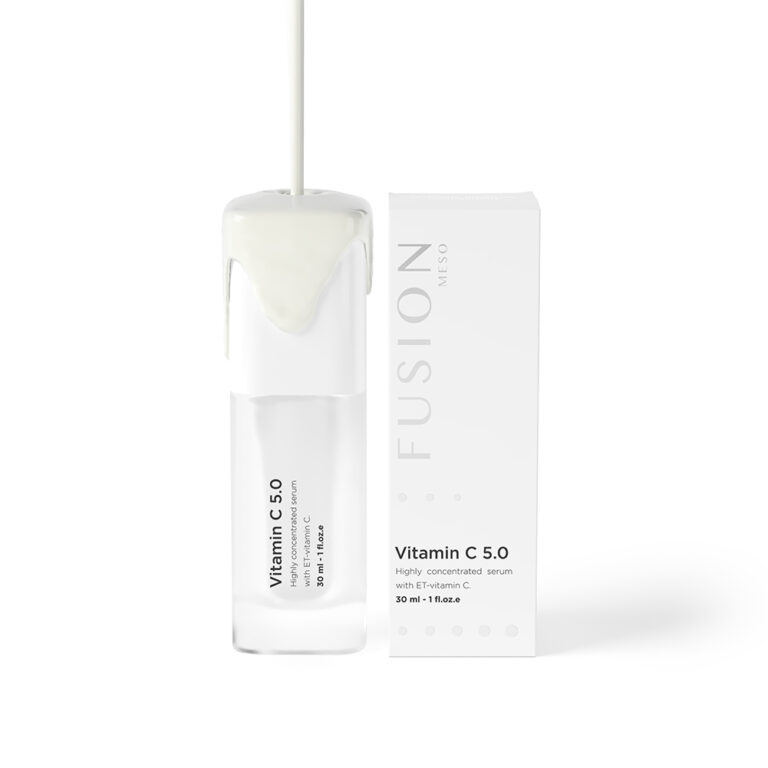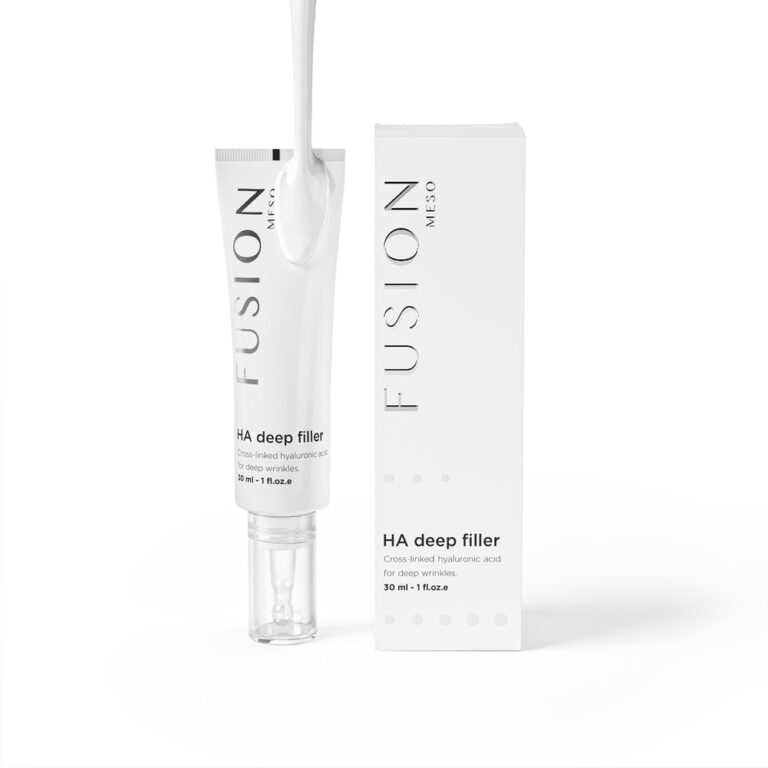Is Your Skin Sensitive? Identify the Different Symptoms
Sensitive skin is a term familiar to most people rather than based on medical diagnosis. It is a type to describe skin with reduced tolerance to the application/consumption of specific stimuli that generally should not provoke such sensations. Stimuli to which skin reacts can be anything from food items, cosmetics, personal/skincare products, and natural products.
As per many studies, about 50% of women and 40% of men may have sensitive skin. It is an unpleasant experience, but if handled with care, one can successfully avoid further irritation or discomfort to the skin, though no complete cure is available. Sensitive skin easily gets irritated and responds faster than normal skin—symptoms like redness, rashes, stinging, itching and burning help determine acute skin conditions.
The pervasiveness of sensitive skin varies from one geography to another and one culture to another, but it is usually found that this condition affects a substantial part of the population. It is also observed that lifestyle influences based on culture unquestionably impact the understanding of sensitive skin. In addition, various host-related factors (i.e., skin type, gender and hormonal factors) and external factors (i.e., climate, exposure to products and chemicals, and cultural influences) add to self-perceived sensitive skin.
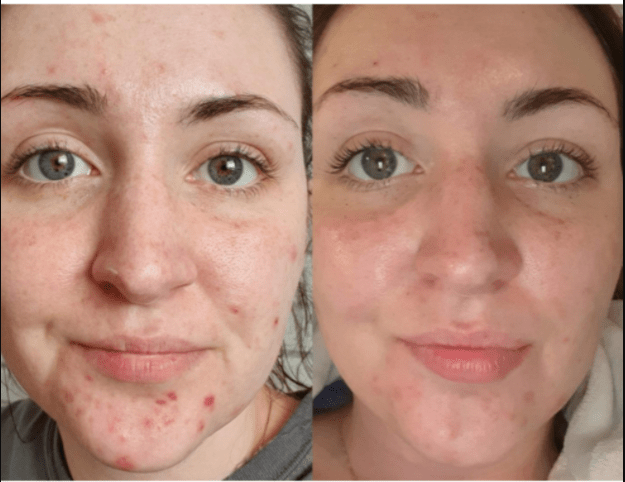
Types and Symptoms of Skin Sensitivity
People with sensitive skin have local reactions to chemicals, dyes, and fragrances present in products that come into contact with their skin. They may also get rashes or irritation from clothing or friction. In addition, some people are allergic to certain substances and may react to their skin.
General sensitivity is the skin’s sensitivity when using known substances like – alcohol, scented oils, or lemon can cause allergic reactions in people.
On the other hand, individual sensitivity may or may not happen with the same people and consists of a specific component or substance like – Seafood or Vitamin C that is otherwise safe for most skin types. However, it can cause an adverse reaction from the immune system and show up as a rash, itching, or swelling.
Though it is complicated to find a clear difference between general sensitivity and individual sensitivity of the skin, what is found mainly in individual sensitivity is that skins react to certain items and consumables, which is otherwise not reactive to many people.
Common Symptoms of Skin Sensitivity
- Your skin reacts to certain stimuli, which commonly includes soaps, detergents, fragrances, perfumes, skin care products, and household products. Moreover, exposure to extreme weather like cold, sun, and wind can also trigger sensations.
- You may notice some redness in some cases. The forms of redness may vary from red rash, red bumps, blushing and flushing, or even red inflamed blood vessels.
- Your skin gets itchy and tight in some cases, particularly after cleansing with products that may not suit your skin. Also, using hot water worsens it. You may feel itchy even when the air is dry and cold, especially in winters. If you scratch your itchy areas, it can lead to more irritating skin and can even become a cause of infection.
- You feel stinging and burning after cleansing with or applying products that do not suit your skin.
- If you have dry skin, it can cause sensitivity, and the problem can increase in cold, dry weather and if exposed to wind.
- You often react with a red, dry, flaky, or bumpy rash when exposed to irritant stimuli which can be products left on your skin, like facial creams, etc.
- You may develop breakouts similar to acne with red bumps and pustules.
- Your skin often experiences flaking and even peeling.
- Your skin is susceptible to the harmful effects of the sun’s UV rays.
Is Your Skin Sensitive or It is Something Else?
Many people mistake irritation of the skin for sensitive skin. In your day-to-day life, you will observe that certain products, geography, or environmental factors can cause you to get red, itchy, inflamed, scaly skin, and sometimes you may even get breakouts. However, you may experience similar symptoms due to a few medical conditions. Usually, people mistake skin disorders like – rosacea, acne, eczema, and allergic contact dermatitis for sensitive skin. Whatever the cause, do not start self-medication by using over the counter skin care products; instead, visit your skincare specialist or dermatologist to determine the cause of your problem, which can further guide you to keep your skin clear and healthy.

